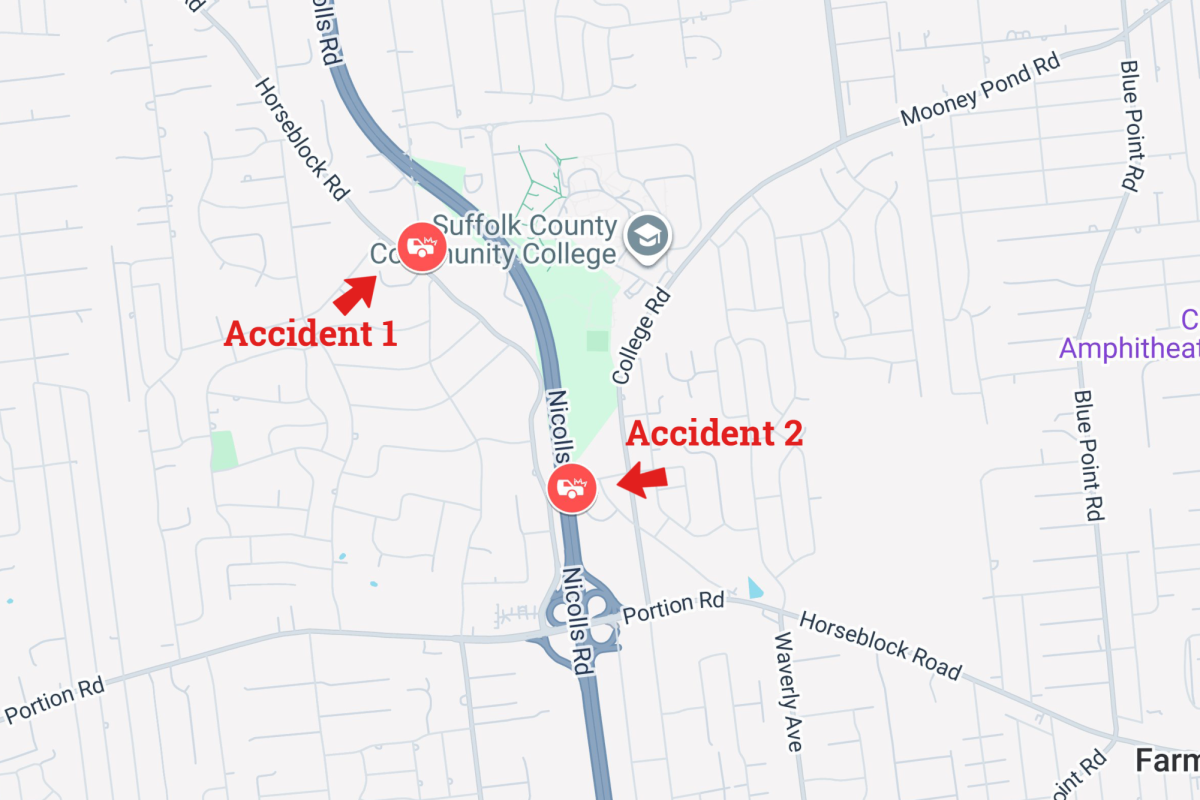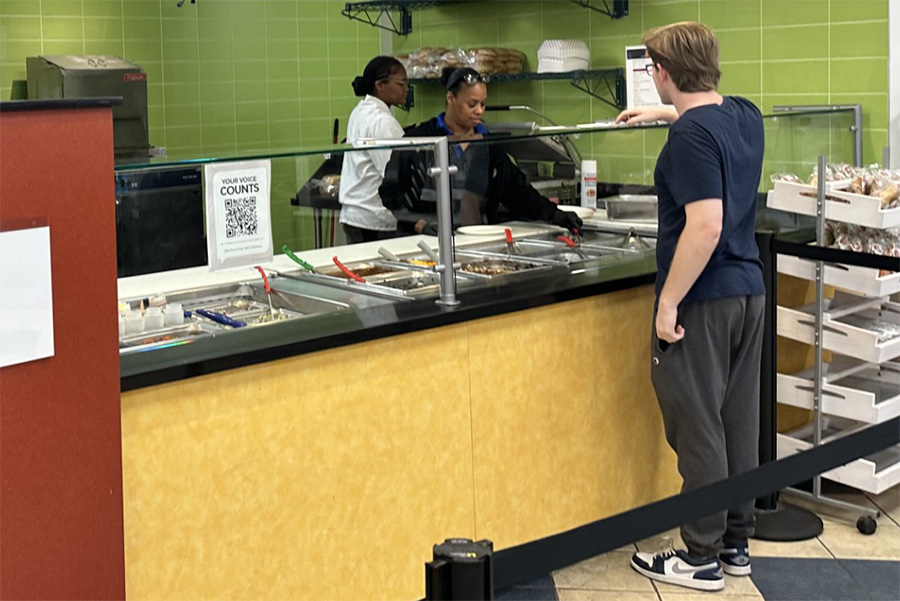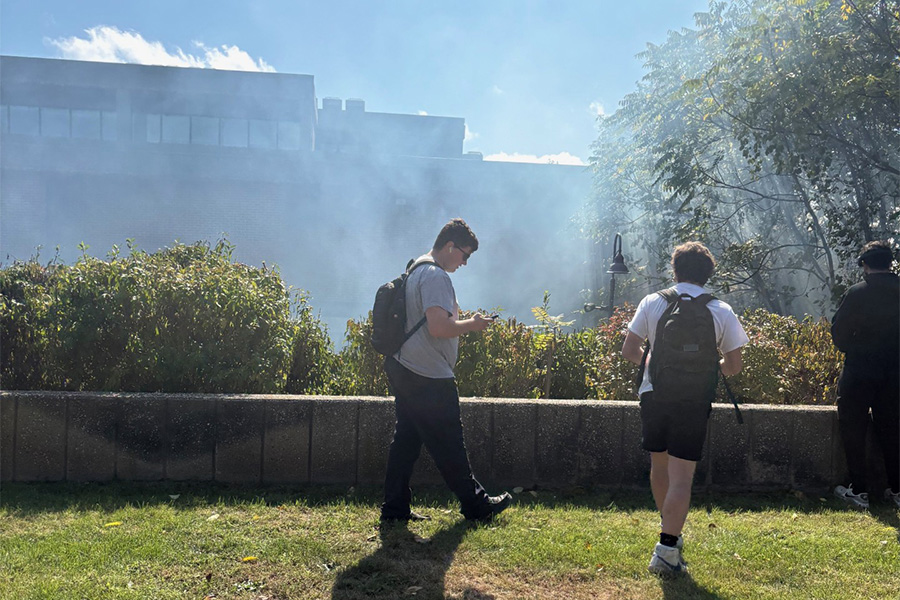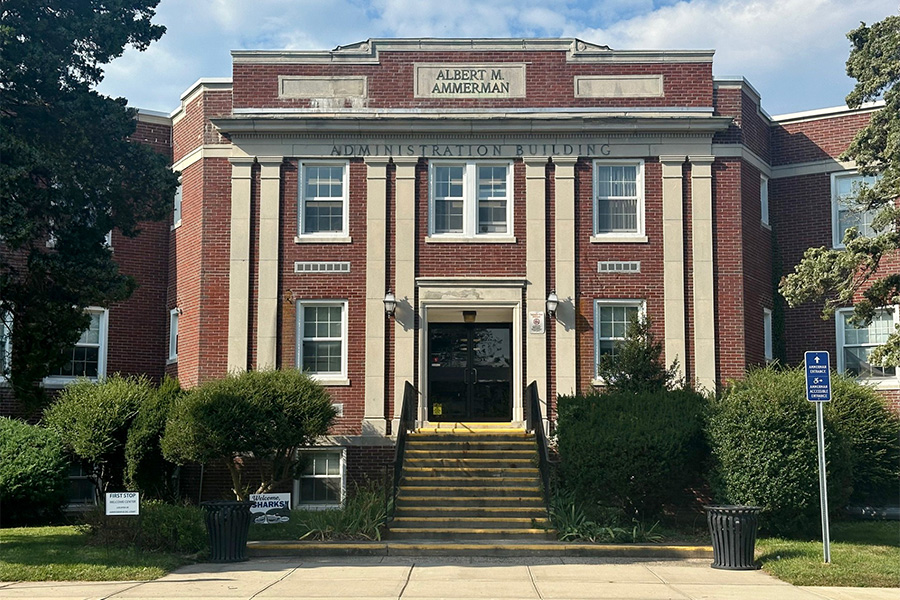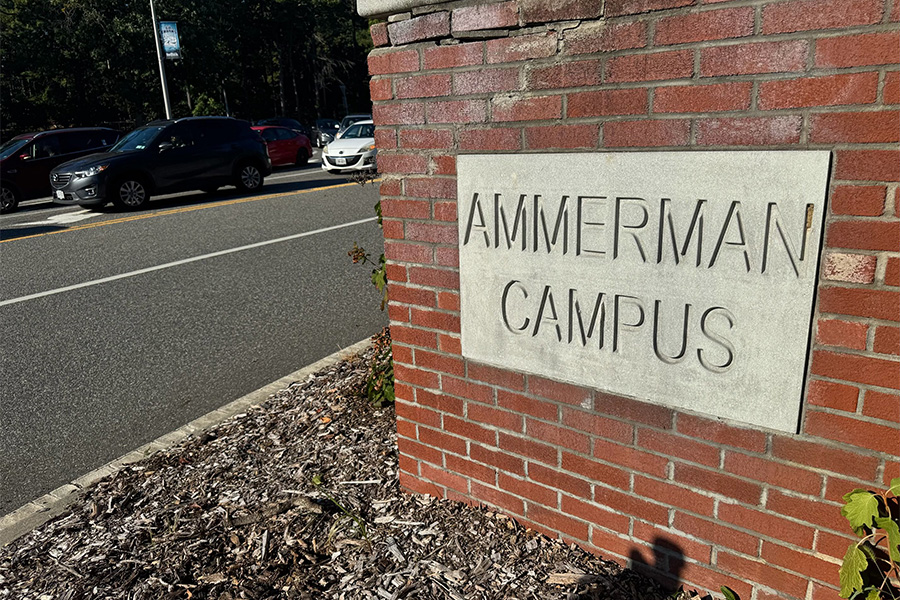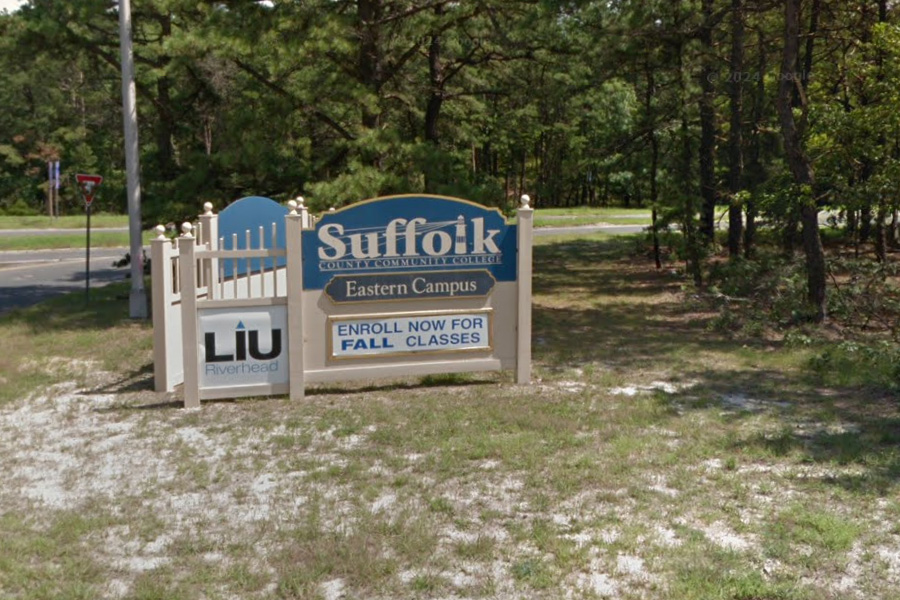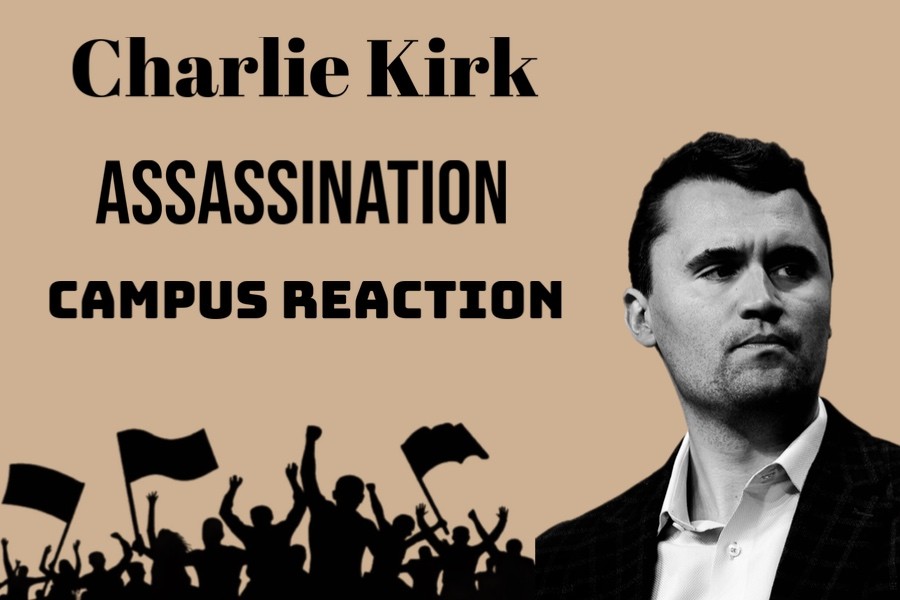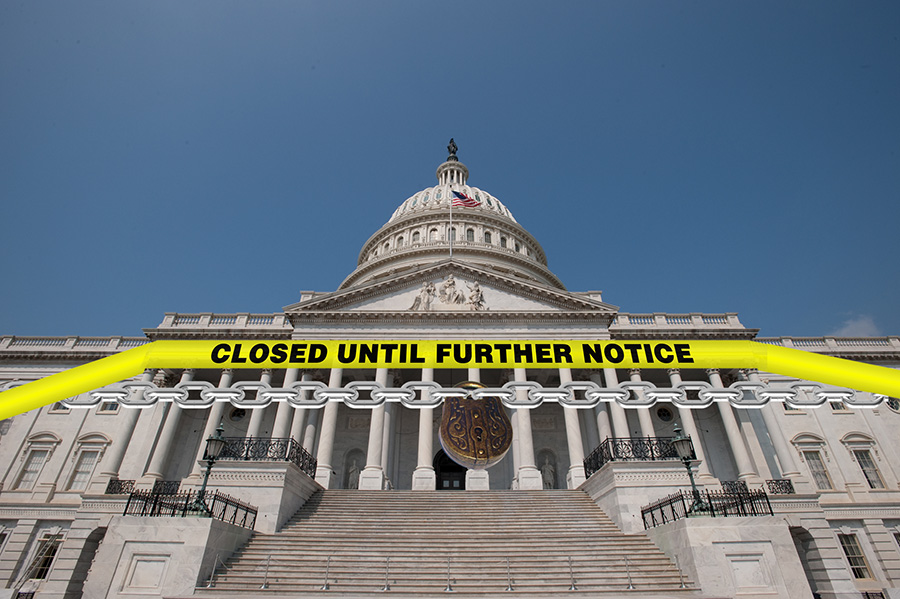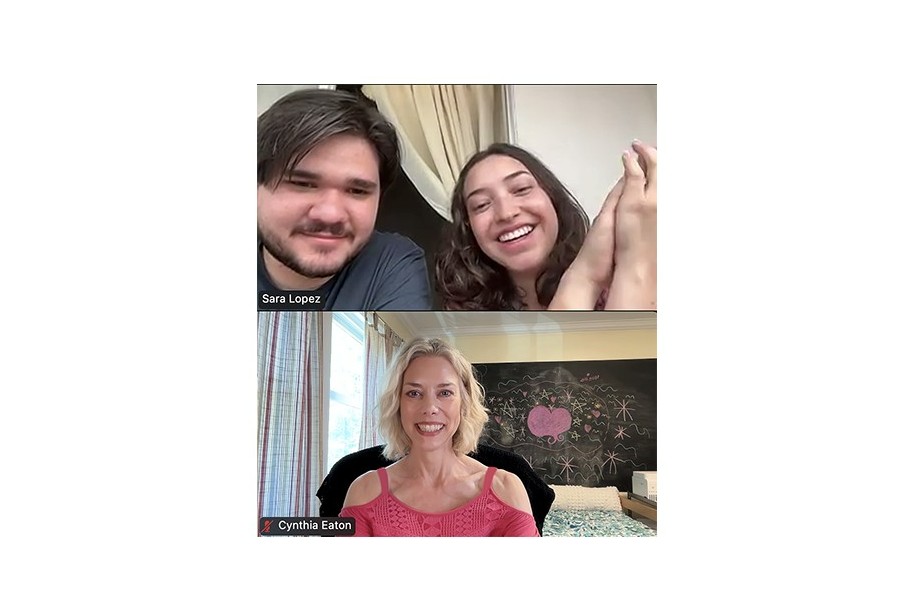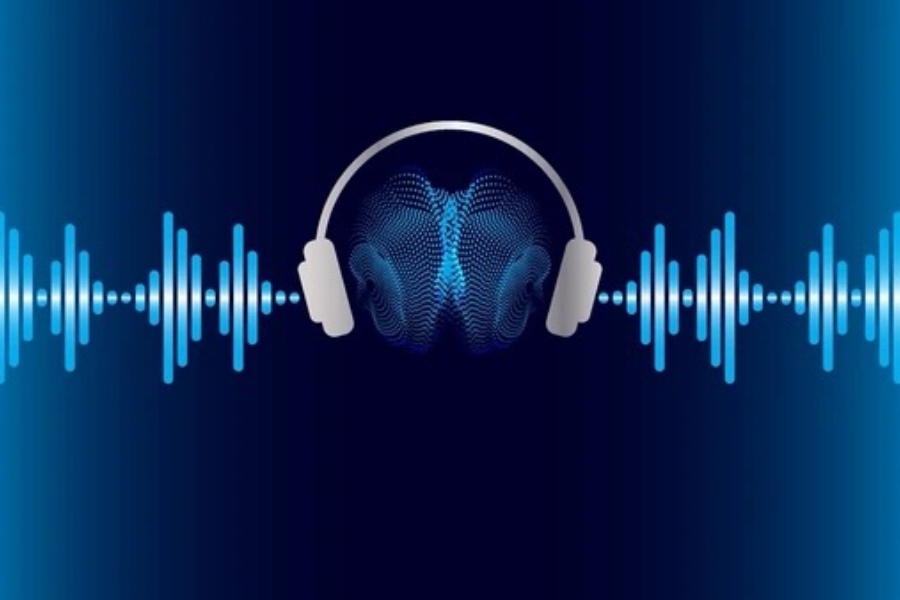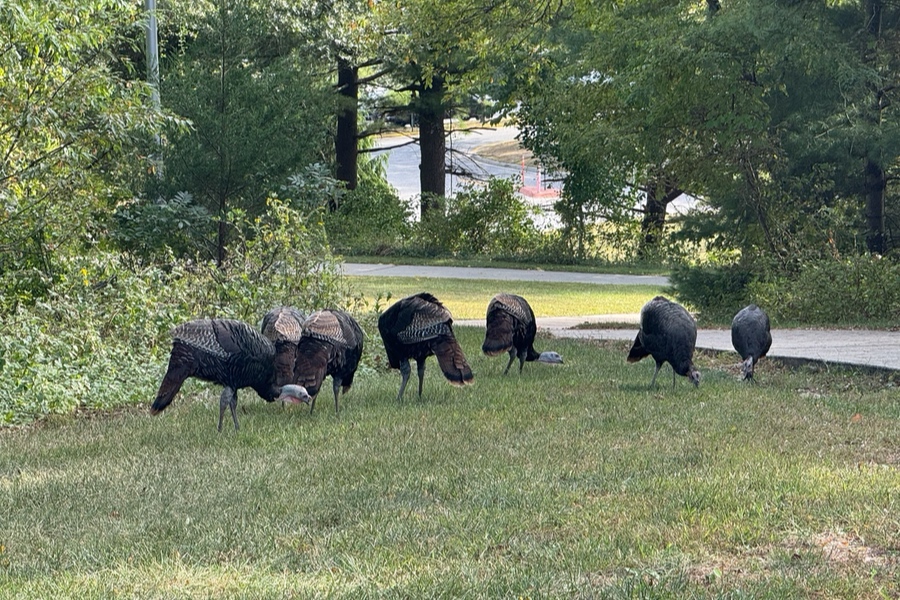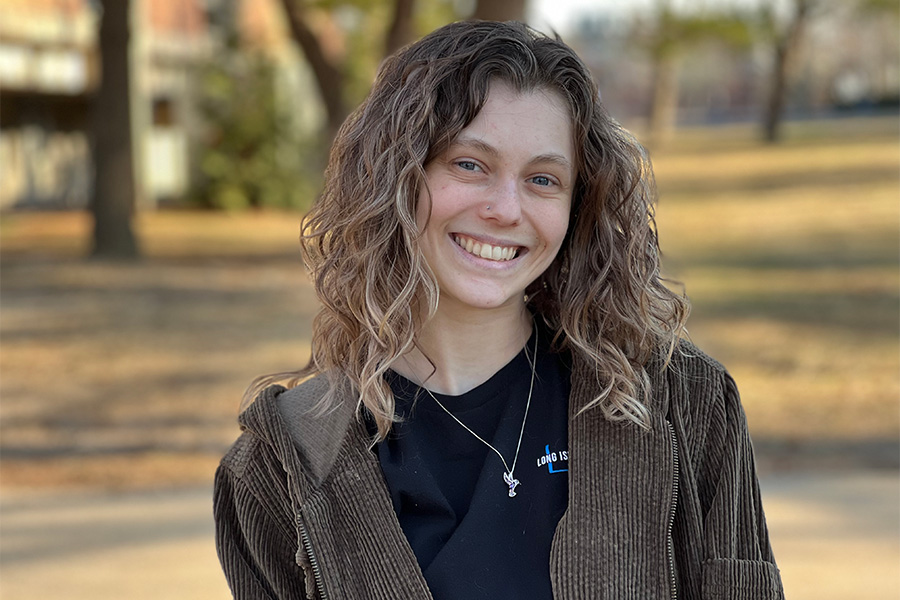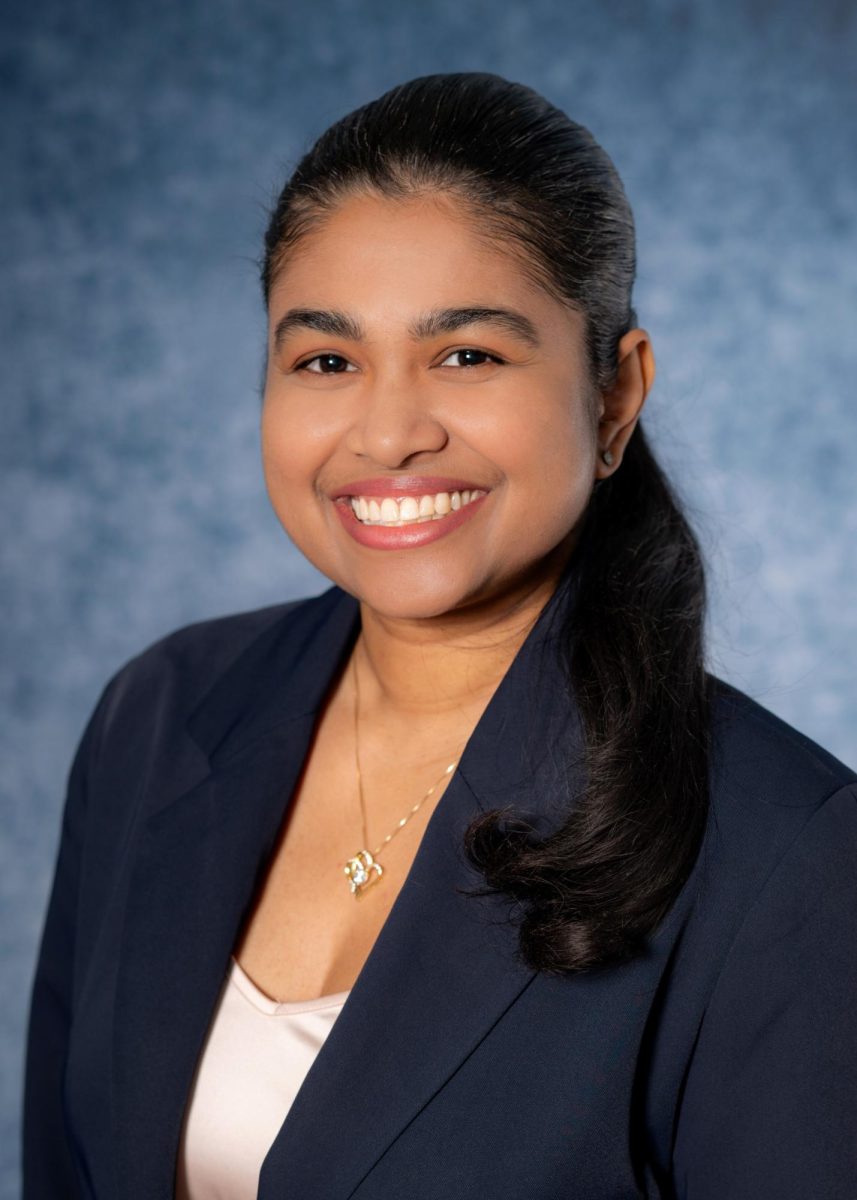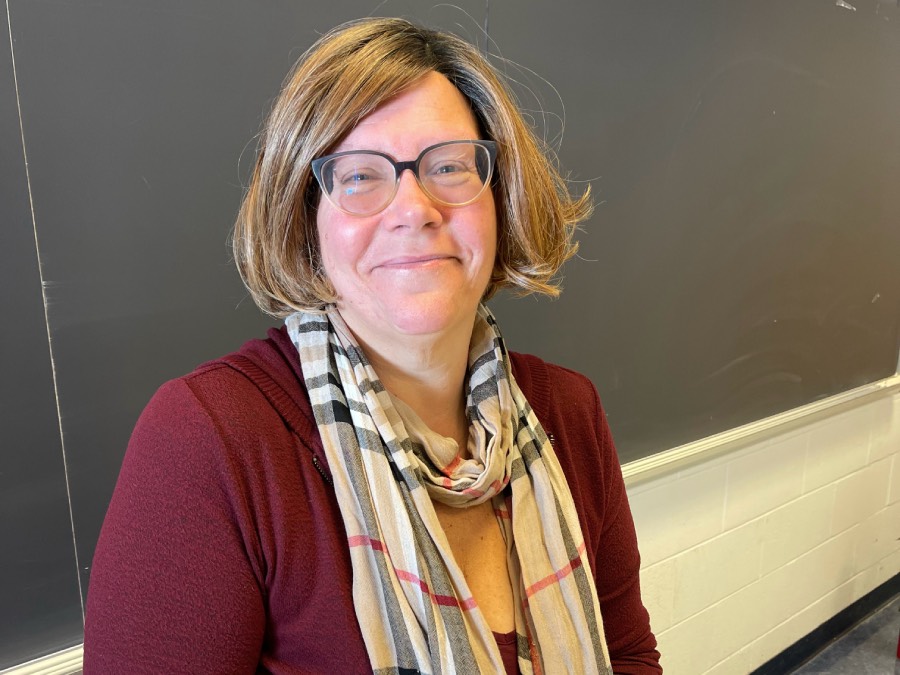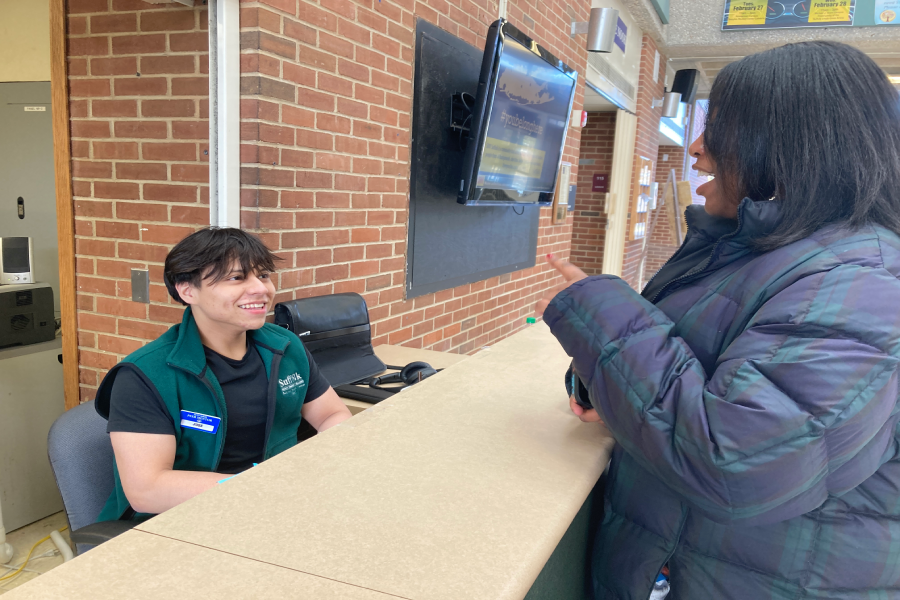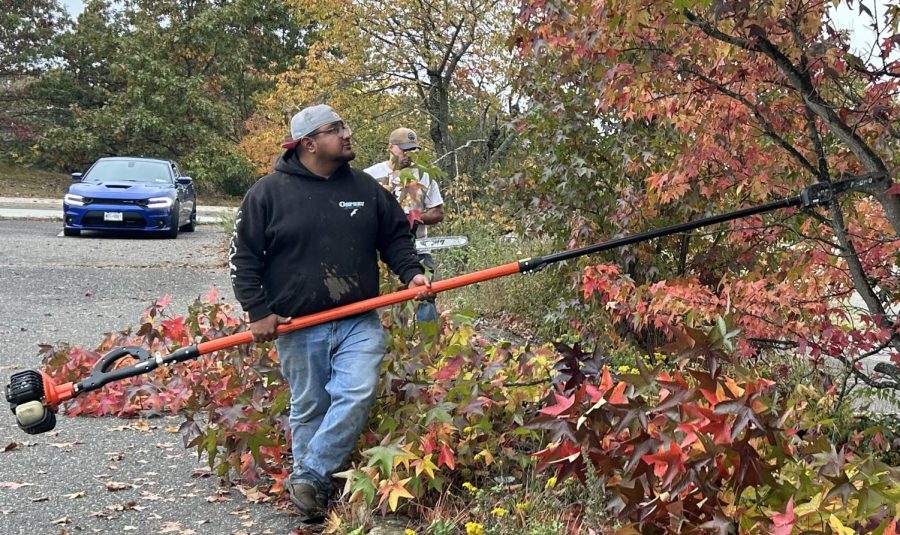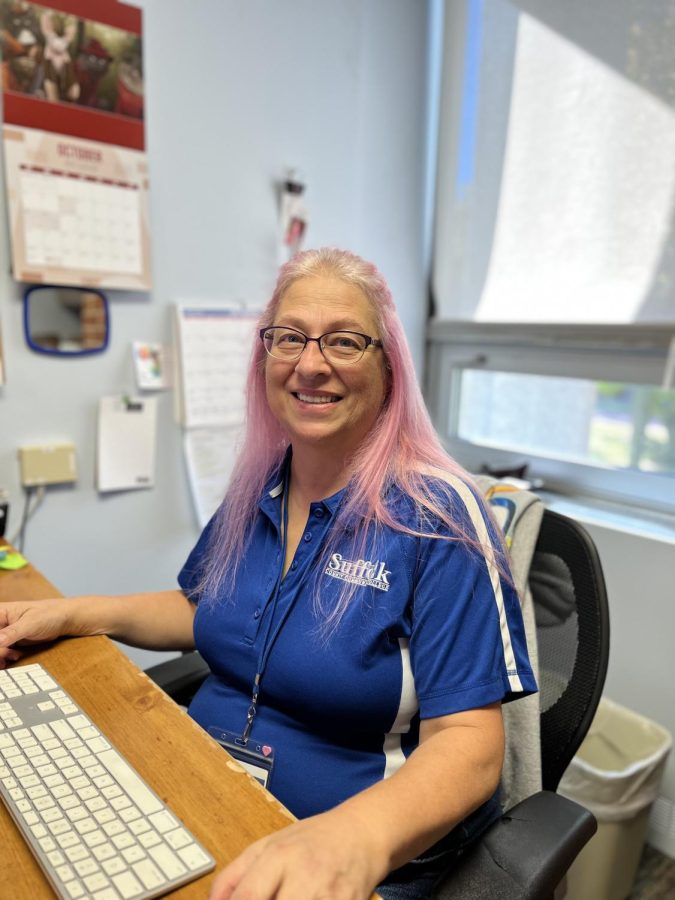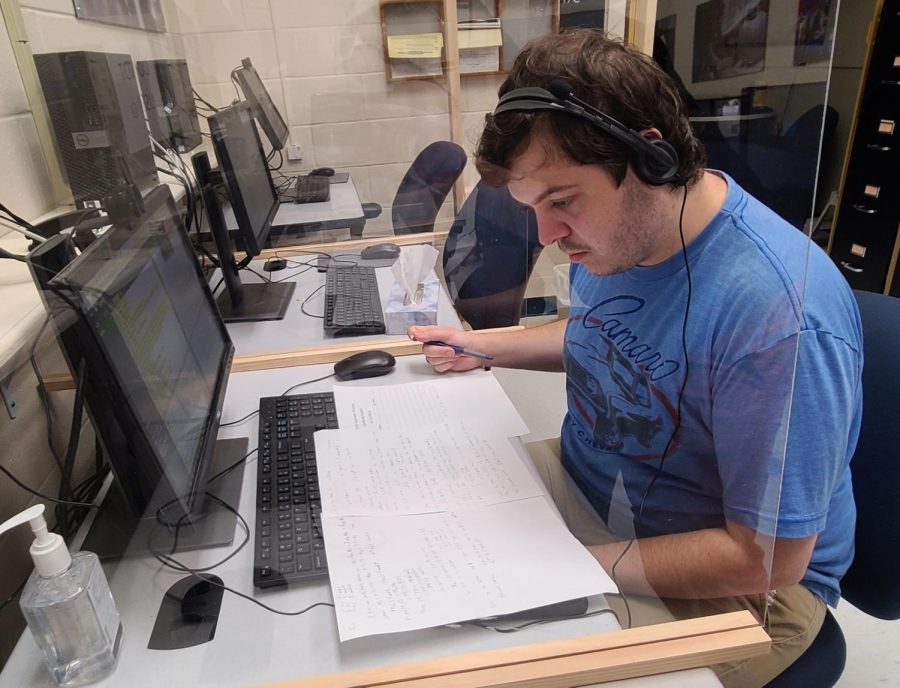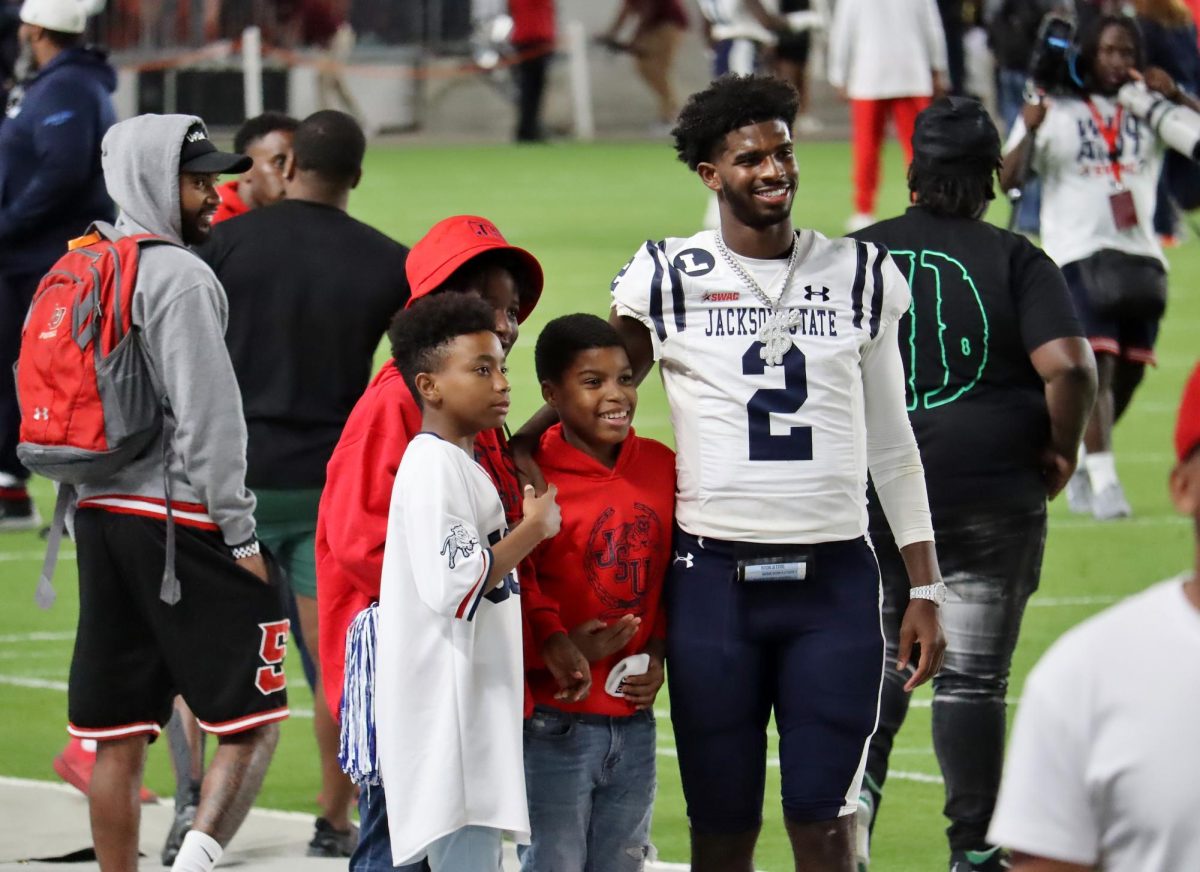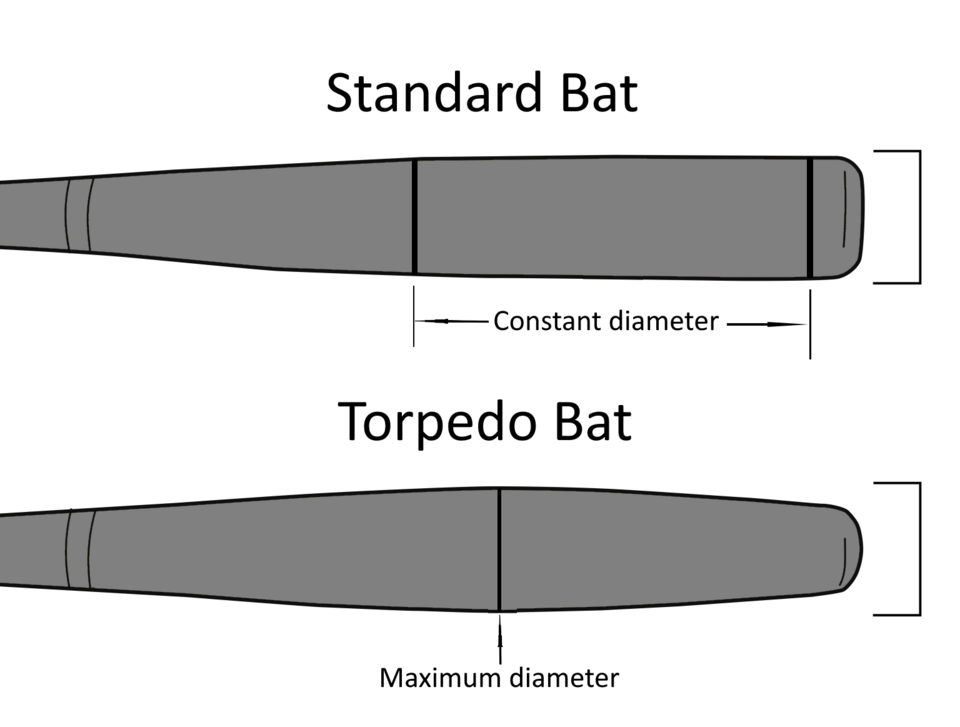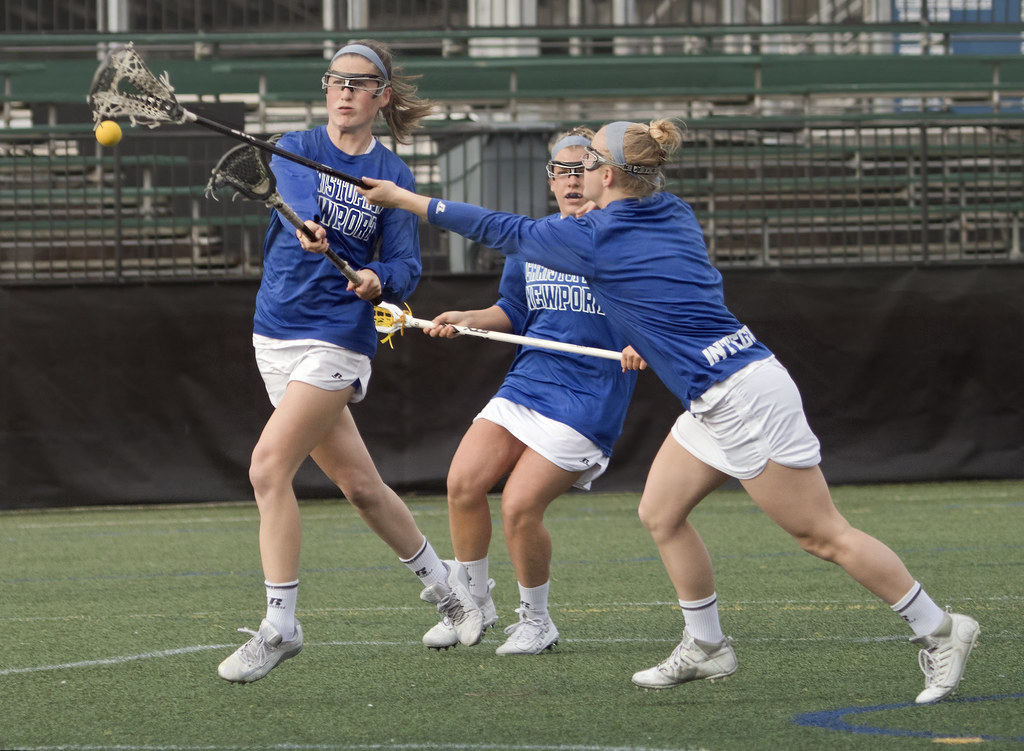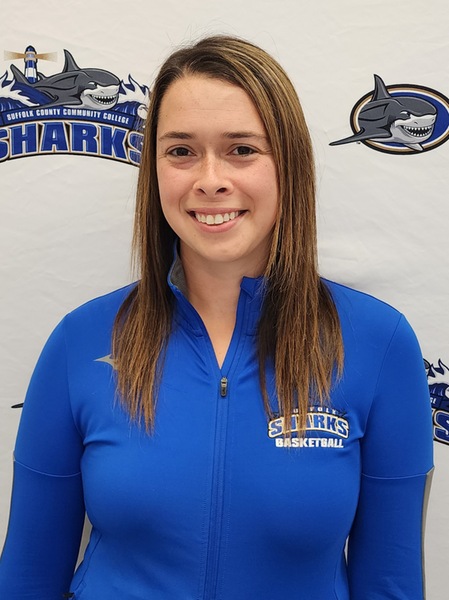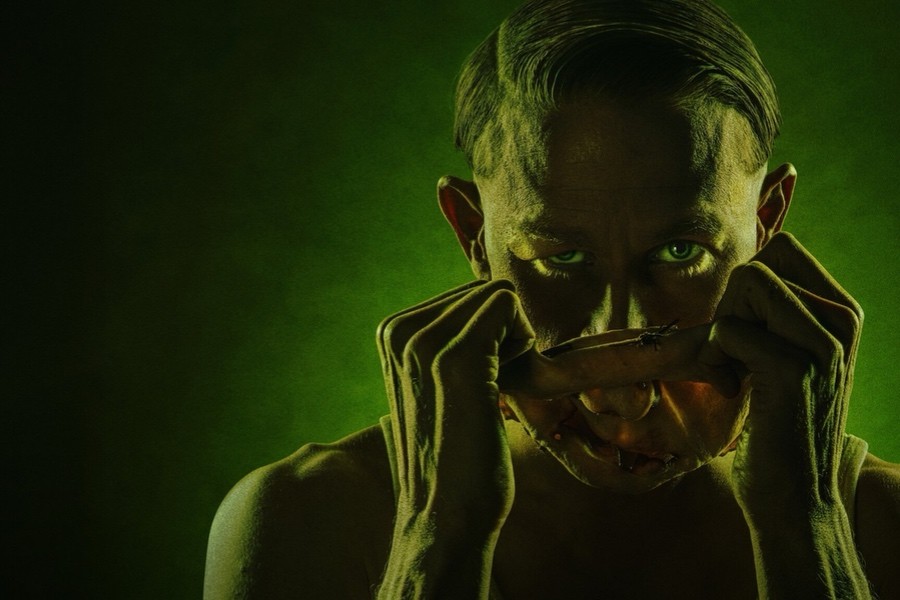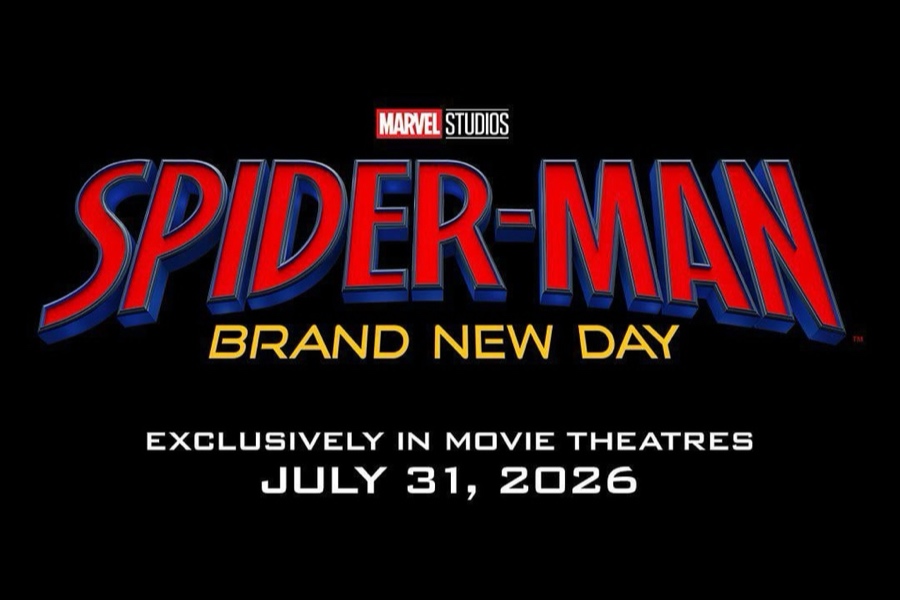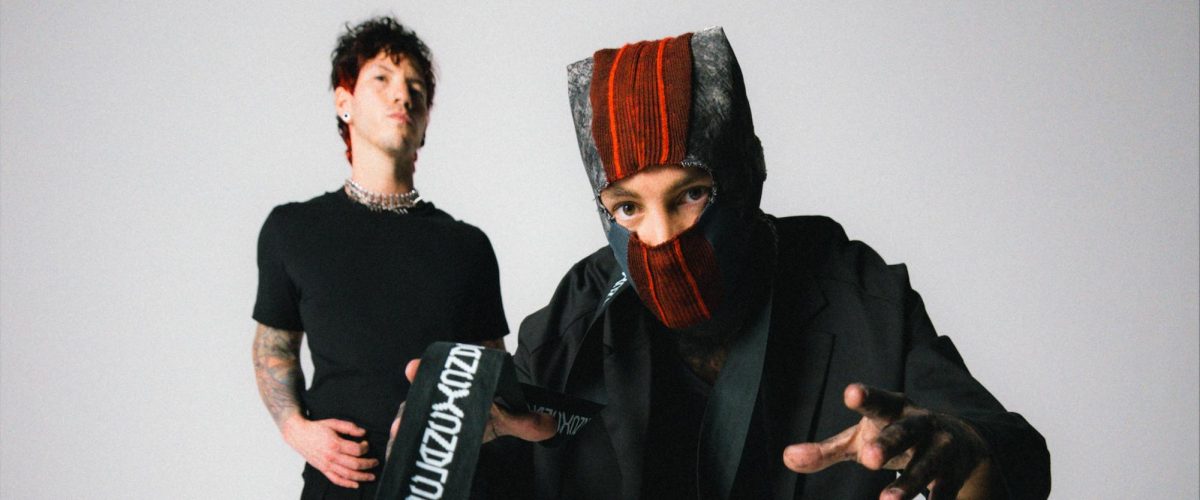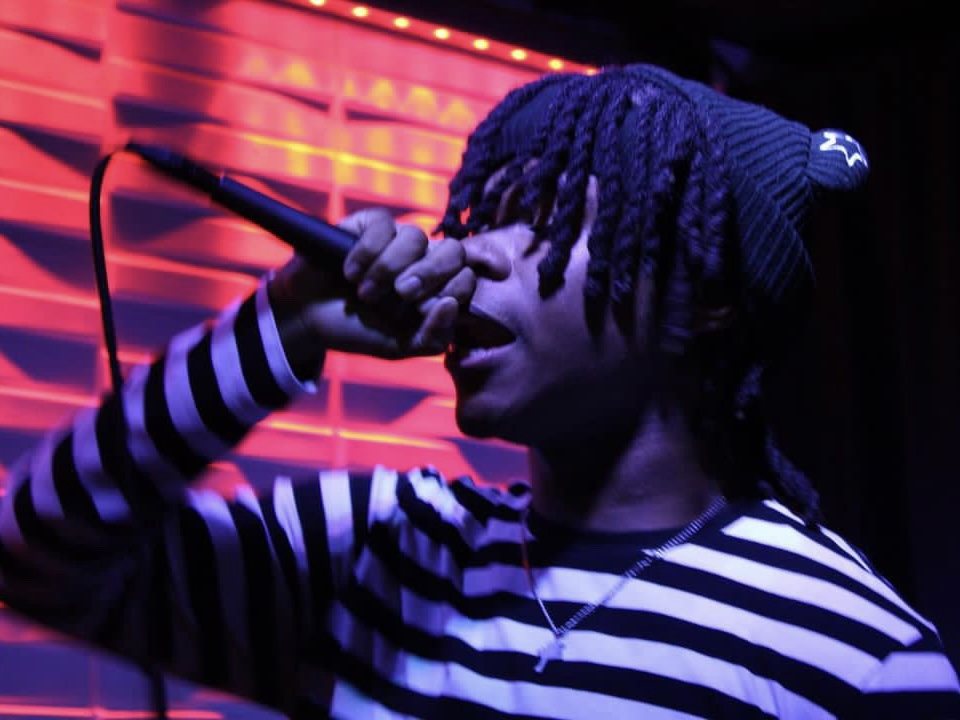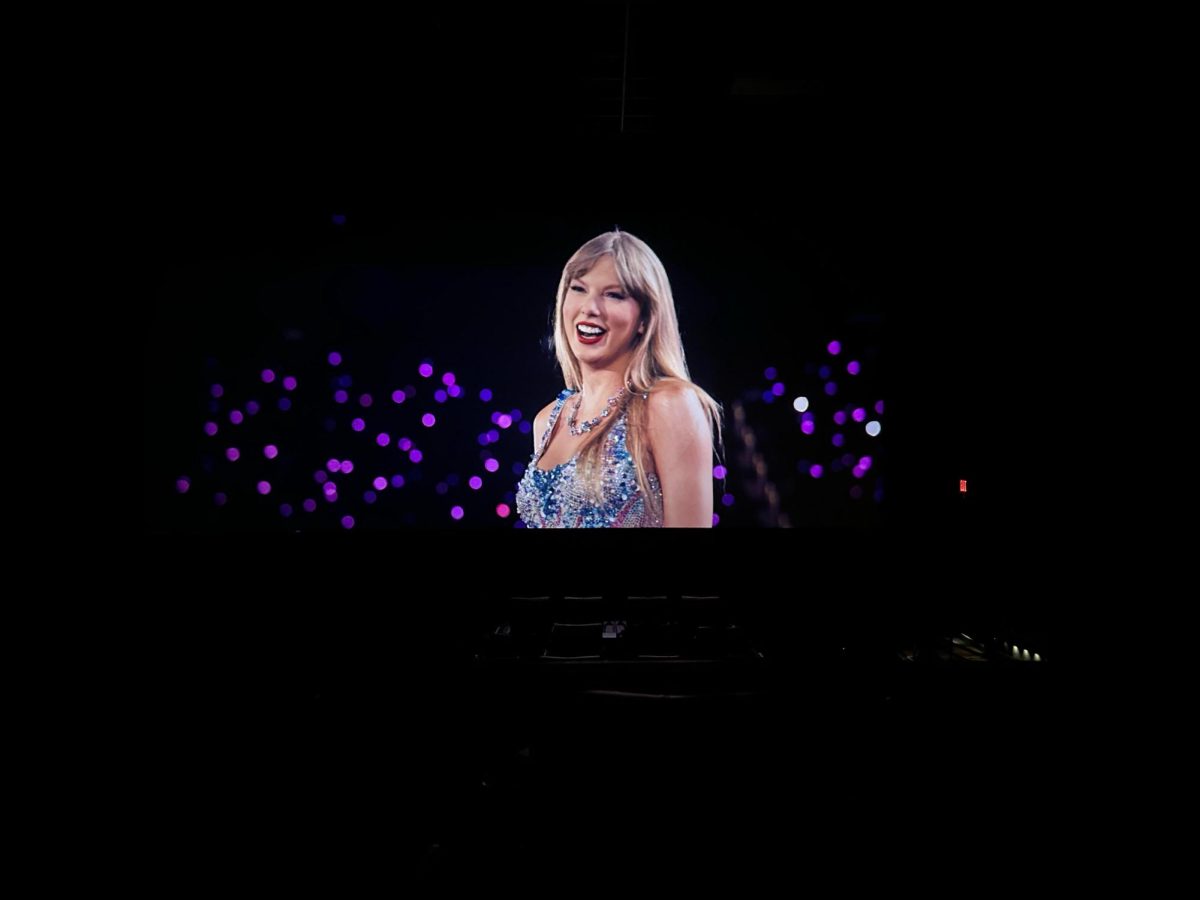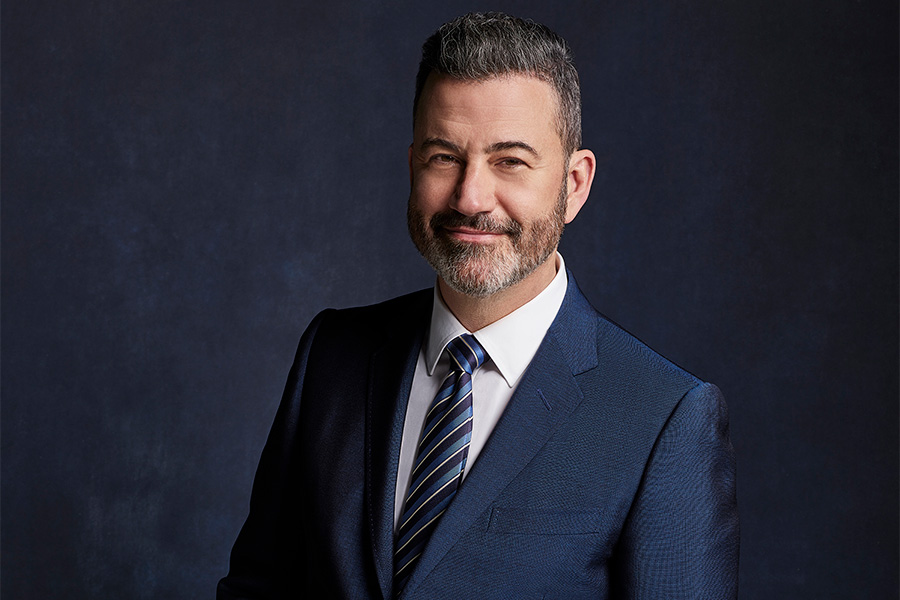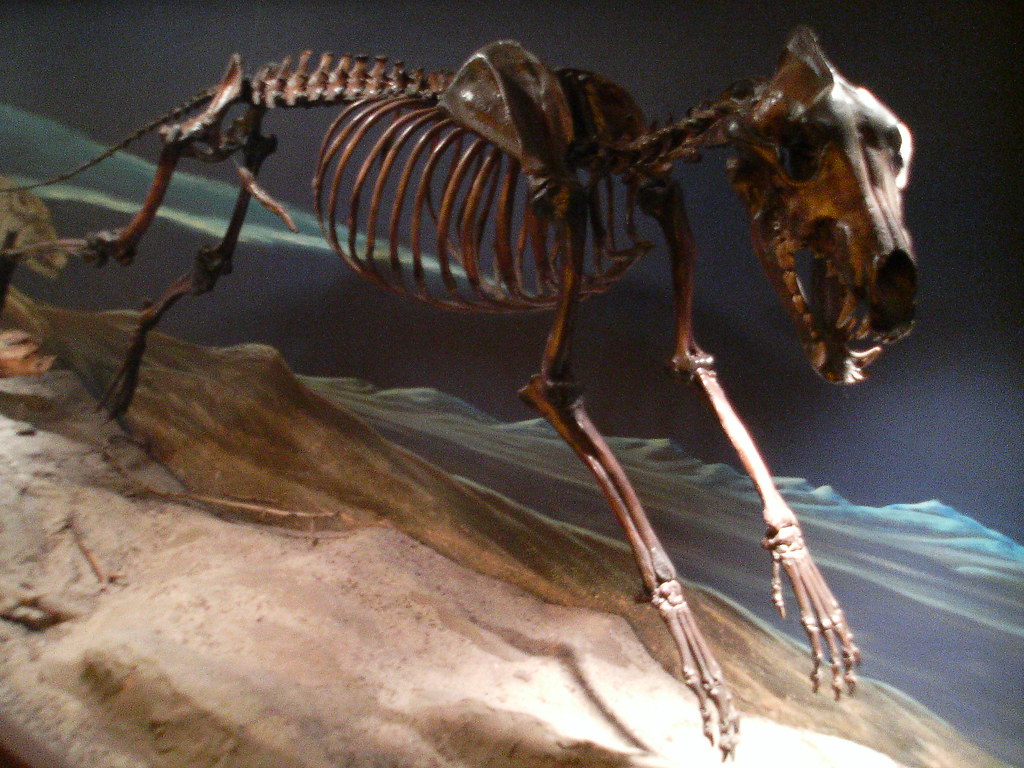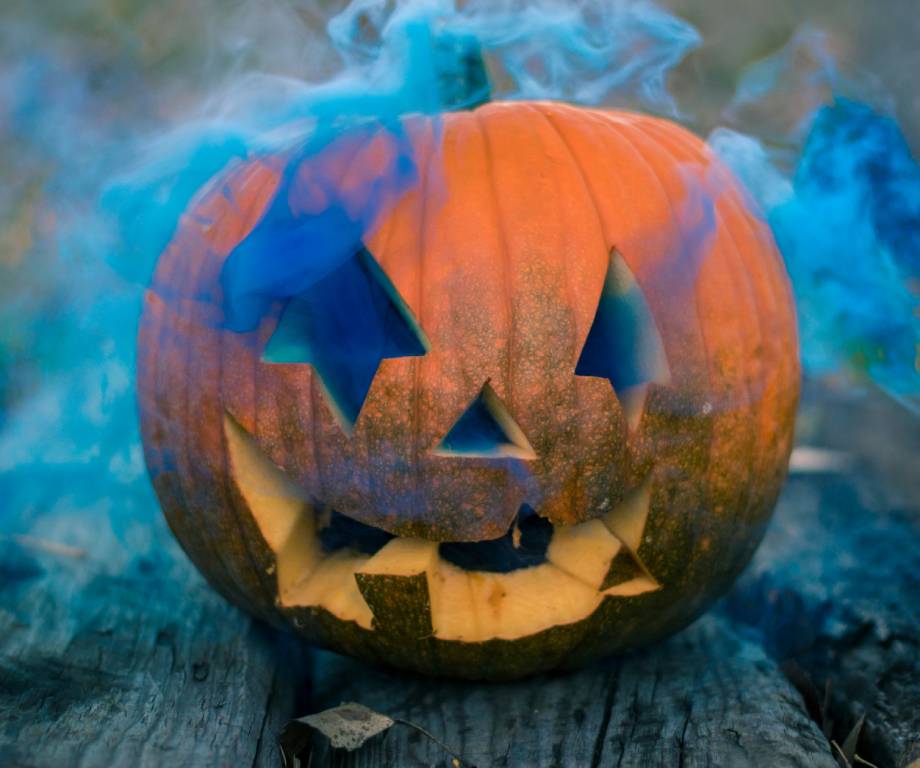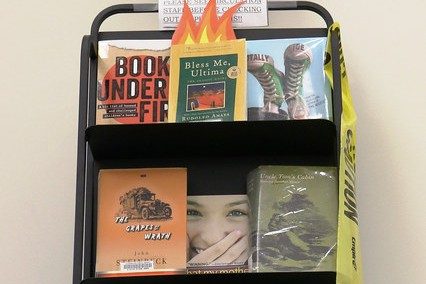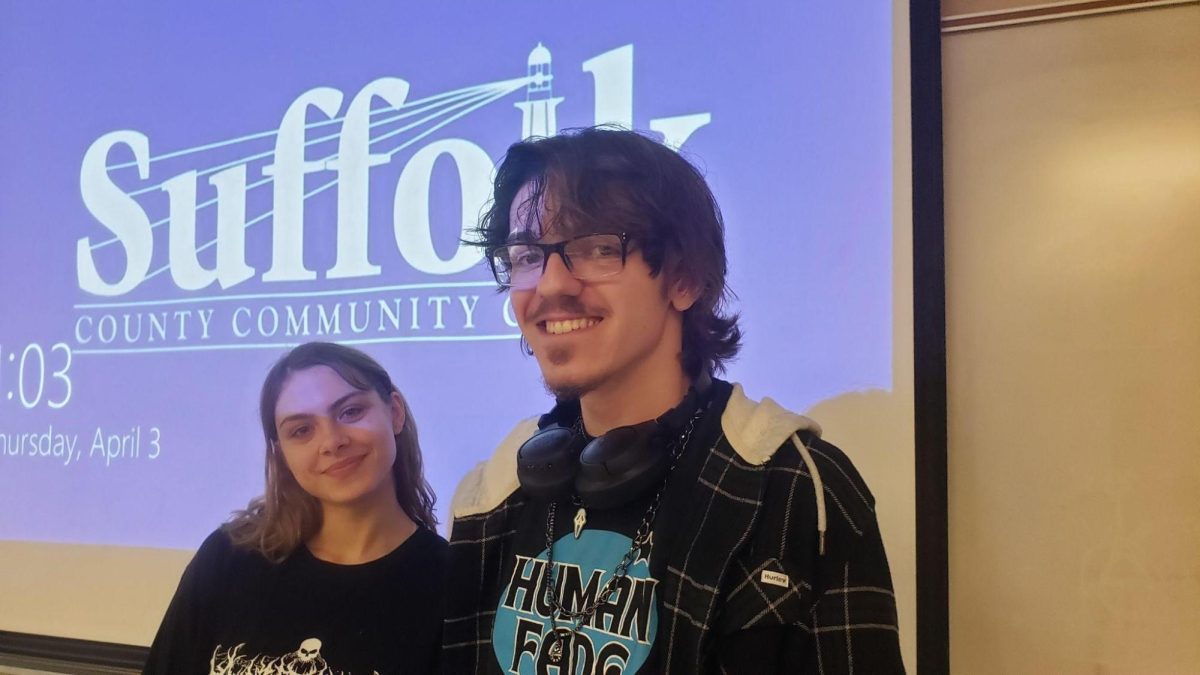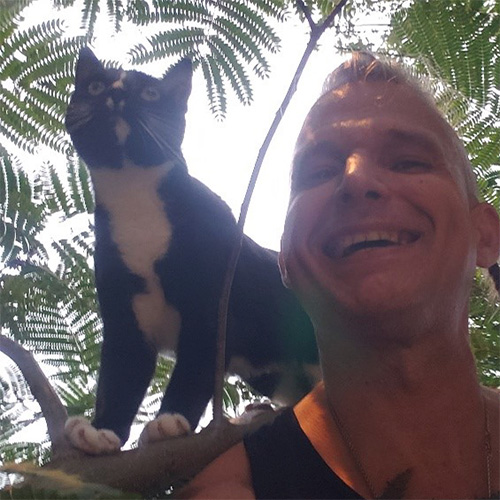Recently the United States government has become increasingly forthcoming about its
knowledge and transparency regarding Unidentified Anomalous Phenomena (UAPs) and the
SUNY Suffolk Ammerman community had a lot to say on the issue.
With an ever-suspicious American public demanding more transparency regarding the US
government’s knowledge of UAPs, there has now been several Congressional hearings held
centered around the existence of UAPs and their possible impact on national security.
These hearings are significant in that they mark a clear reversal in almost 70 years of
governmental policy which previously denied any official interest or evidence of UAPs to the
American public.
Discussing the United States government’s latest revelations regarding UAPs, Elan Lugo a
freshman here at SUNY Suffolk said, “Throughout United States history, the U.S. government
especially, has had so many instances of throwing us in loops that you cannot even tell what’s
real.”
“It’s terrible,” Lugo continued.
Echoing Lugo’s distrust in the United States government was John Woolar, another freshman
student at SUNY Suffolk who said, “There’s things we know now that they have covered up in
the past.”
“It’s just another government coverup – It’s normal for us” Woolar added.
To become more forthcoming and diminish similar skepticism amongst the American public, the
Subcommittee on National Security, the Border and Foreign Affairs has twice held
Congressional hearings addressing the topic of UAPs and what the government officially knows
regarding them.
The first hearing entitled, “Unidentified Anomalous Phenomena: Implications on National
Security, Public Safety, and Government Transparency” was held on July 26, 2023, and amongst
the various witnesses called before Congress were, Ryan Graves, the Executive Director for
Americans for Safe Aerospace; David Grusch, a former National Reconnaissance Officer
Representative who served on the Unidentified Anomalous Phenomena Task Force at the
Department of Defense; and Commander David Fravor (Ret.) a former United States Navy
commanding officer.
Key takeaways from this initial hearing were that there are indeed unidentifiable anomalous
phenomena in United States airspace; the federal government currently does not have an
adequate reporting process for commercial and military pilots who encounter these UAPs; and
that previous denial of UAPs by the United States government has only fueled speculation and
eroded public trust.
Continuing with the theme of governmental transparency regarding UAPs was the second
Congressional hearing entitled, “Unidentified Anomalous Phenomena: Exposing the Truth.” This
hearing held on November 13, 2024, included testimonies from such witnesses as, Dr. Tim
Gallaudet, a Rear Admiral, United States Navy (Ret.) and chief Executive Officer of Ocean STL
Consulting, LLC; Luis Elizondo, a former Department of Defense Officer; Michael Gold, a
former NASA Associate Administrator of Space Policy and Partnerships and member of the
NASA UAP Independent Study Team; and Michael Shellenberger, an American journalist and
founder of the online publication, Public.
Again, a key takeaway from this hearing was that the United States government, particularly the
Department of Defense, has failed to provide transparency on the existence and effectiveness of
UAP-related programs to both Congress and the American people.
The hearing then surmised that increased disclosure and transparency about UAPs is not only
needed to better provide security and information for the American people, but also the
Constitutional duty of governmental and military institutions.
This last point was best summed up by witness Ryan Graves who stated, “The government
knows more about UAPs than shared publicly, and excessive classification practices keep crucial
information hidden.”
“This level of secrecy not only impedes our understanding but fuels speculation and mistrust”
continued Graves.
Trevor Martins, a sophomore at SUNY Suffolk seemed to agree with Graves saying, “We’ll
never know if they’re being transparent because obviously, they don’t tell us things we don’t
know.”
What the United States government knows genuinely about UAPs and whether they will hold
further Congressional hearings into the matter remains unclear.
What is clear regarding the issue however is that there continues to remain a significant level of
distrust in our government among the American people and the SUNY Suffolk Community as a
whole.
This point was best summed up by Woolar who said, “Right now it feels like the government is
its own entity that does what it wants, when it wants. Really, it doesn’t feel like we have much
of a say with anyone.”
